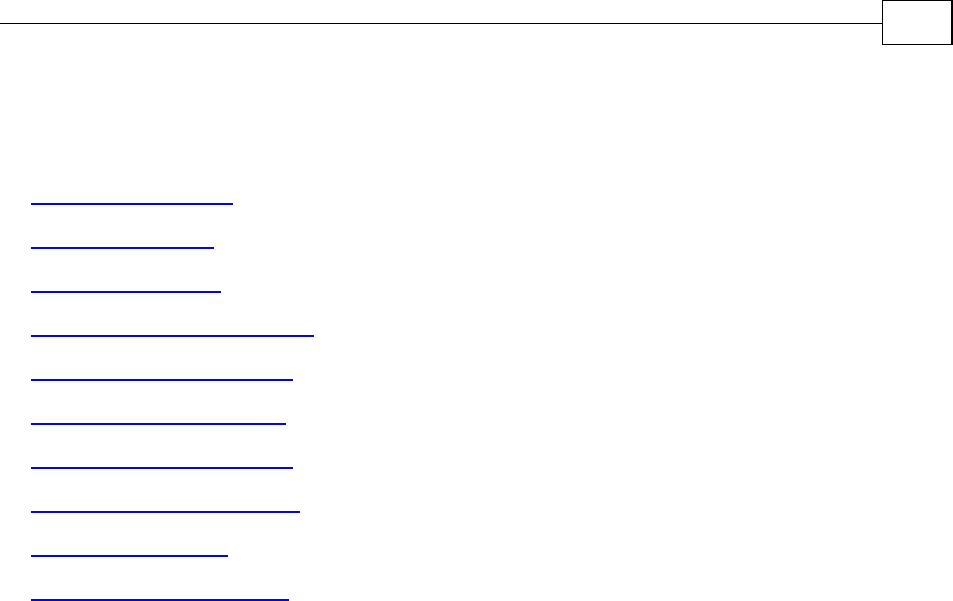
14: Profiled Torque Mode
6071h: Target torque
6072h: Max torque
6073h: Max current
6074h: Torque demand value
6075h: Motor rated current
6076h: Motor rated torque
6077h: Torque actual value
6078h: Current actual value
6087h: Torque slope
6088h: Torque profile type
14.1 General Information
This chapter describes the profile torque mode. The profile torque mode allows a host
(external) control system (i.e. closed-loop speed controller, open-loop transmission force
controller) to transmit the target torque value, which is processed via the trajectory
generator. In profile torque mode, torque slope and torque profile type parameters are
required.
Should the host control system switch the controlword bit 8 (halt) from 0 to 1, then the
trajectory generator ramps its control output down to zero. Should the host control
system switch the controlword bit 8 (halt) from 1 to 0, then the trajectory generator ramps
its control output up to the target torque. In both cases the trajectory generator takes the
torque slope and torque profile type into consideration.
All definitions within this document refer to rotating motors. Linear motors require that
all "torque" objects refer to a "force" instead. For the sake of simplicity, the objects are not
duplicated and their names should not be modified. As an example, the linear motor
target force must be transmitted using the target torque object. Refer to the object
descriptions for additional information.
The SimplIQ drive deals only with the profile structure and not the control structure. For
more information about the Torque\Current control loop please refer to the SimplIQ
Software Manual.
The torque control parameters, power stage parameters and motor parameters are
defined as objects so that they can be handled (i.e. downloaded) in a standard way. Their
detailed data content is manufacturer-specific.
CANopen DSP 402 Implementation Guide
MAN-CAN402IG (Ver. 1.2)
101


















